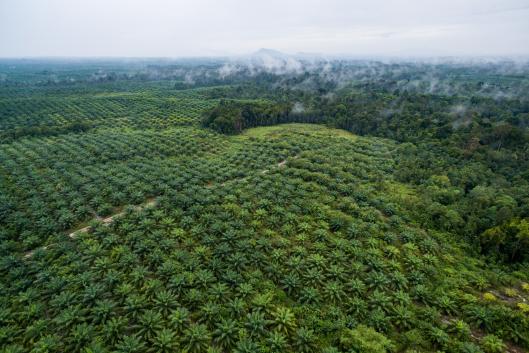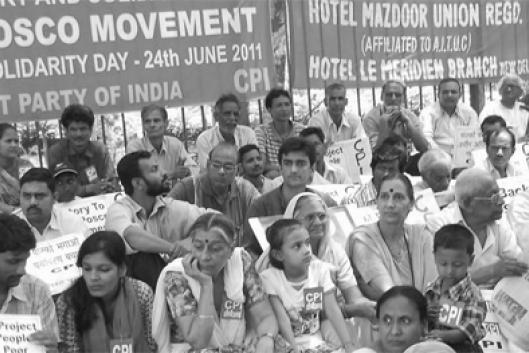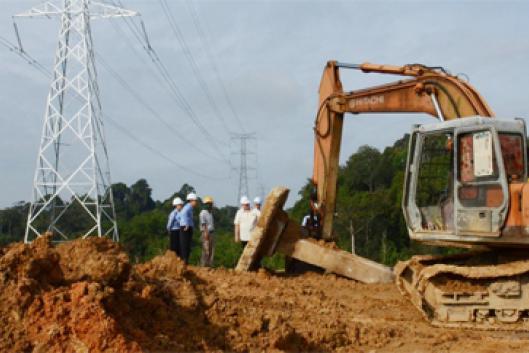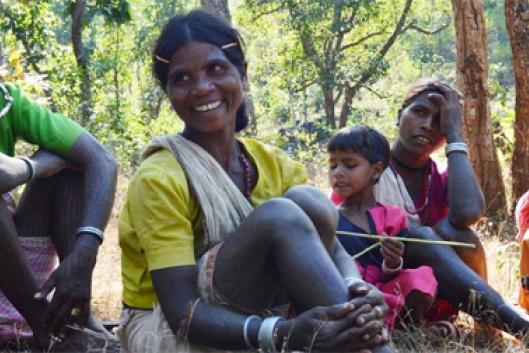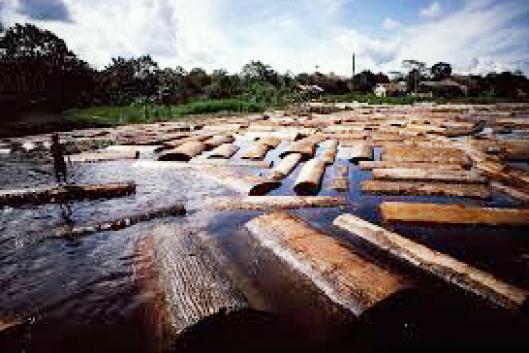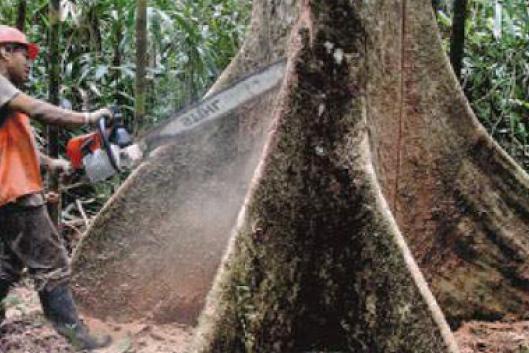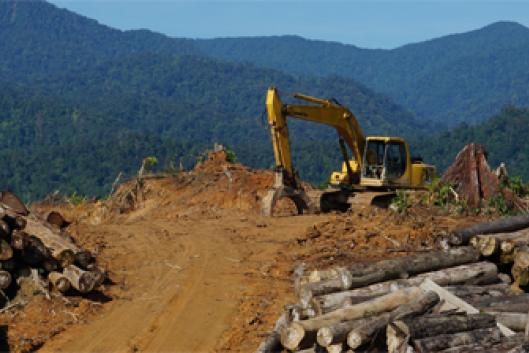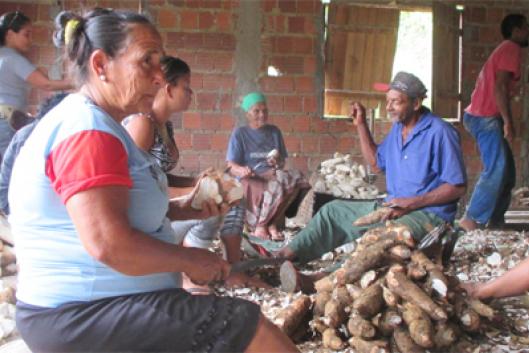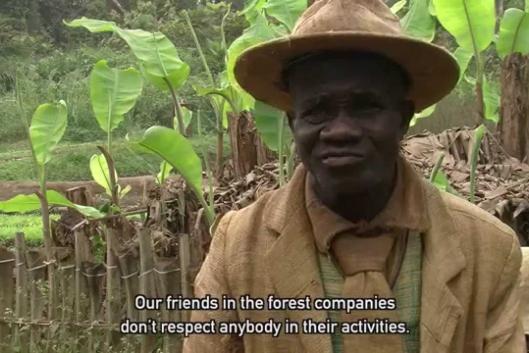This year, 2014, seems to have reached a new ‘record’ of international declarations in which the signatories commit to drastically reducing, or even halting, deforestation. It is noteworthy that all of them are supported by large transnational corporations linked to the tree plantations for pulp and paper industry and the oil palm plantations industrial processing, as well as institutions linked to financial capital. Besides, some NGOs are also always involved.
Bulletin Issue 207 – October 2014
Industrial logging under a green costume: ‘sustainable forest management’ devastates tropical forests and forest peoples
WRM Bulletin
207
October 2014
OUR VIEWPOINT
PEOPLES IN ACTION
-
31 October 2014Environmental and human rights groups from Malaysia and abroad are calling on the Asian Development Bank (ADB) to stop a proposal to loan up to US$45 million for building the “Trans-Borneo Power Grid” (transmission lines) in Sarawak, Malaysia. 40 organizations questioned the ADB for its investment in the company Sarawak Energy Bhd, when it has been beset by charges of corruption, exposed for irresponsible project management practices, and the subject of investigations by the Malaysian Bar Council and the Malaysian Human Rights Commission due to complicity in violations of the constitutional rights of Indigenous Peoples.
-
31 October 2014The group “Critical views of the territory from the feminism” participated in the gathering with dynamics, body mapping and sharing experiences between women from communities and urban feminist women and men from Quito. The statement denounces that it is women who, “as well as defending life, water and the territory, we guard the health of our families, the food sovereignty, the human rights and the defence of Mother Earth by confronting the capitalist system, which is expressed in the depredations of extractivism and which is inequitable, unjust, ignores women and prioritizes the reproduction of capital over the reproduction of life.” See the complete statement (in Spanish) here:
INDUSTRIAL LOGGING UNDER A GREEN COSTUME: ‘SUSTAINABLE FOREST MANAGEMENT’ DEVASTATES TROPICAL FORESTS AND FOREST PEOPLES
-
-
31 October 2014Deforestation in Indonesia is not only about the loss of forest areas, it is a much more serious matter. A whole living system that evolved into one of extraordinary wealth of biodiversity is threatened with destruction. For traditional communities, preserving the forest does not only mean to maintain their rights to land and territory but, fundamentally, to protect their civilization, upon which the essence of their culture depends. Communities’ culture involves cross-generation adaptation processes that balance life and the sustainability of natural cycles.
-
31 October 2014Myth: Sustainable Forest Management will reduce forest emissions and bring sustainable development.
RECOMMENDED
-
-
-
31 October 2014A report by the Environmental Investigation Agency documents how ‘formal’ and ‘legal’ mechanisms for timber extraction in Peru are serving to ‘launder’ wood of controversial or illegal origin. Species like mahogany, for instance, are protected under Peruvian law which stipulates they may only be felled in concession areas awarded to specific companies. However, according to EIA, many loggers are cutting down mahogany and cedar trees in non-concessionary areas and selling the wood illegally to formal companies, which in turn pass it off as mahogany and cedar originating from their own concession areas. This timber is ultimately exported.
-
31 October 2014Local communities affected by the oil palm plantations from the Société des Palmeraies du Cameroun (SOCAPALM) are waging an all-out battle to defend their rights, which are being trampled on with impunity. This giant agro-industrial palm oil production company, controlled by the Bolloré Group, has planted vast plantations in the coastal, central and southern regions of the country. Moreover, Bolloré also owns SOCFIN, the company responsible for destruction of villages and human rights violations in Nigeria. Mbonjo, Cameroon, is a village of over 2,000 people whose livelihoods are subsistence farming and small-scale fishing. They sell their surplus in nearby marketplaces.
-
31 October 2014Despite the fancy PR campaigns of Asia’s giant agribusiness group Wilmar praising itself for its “No Deforestation” policy, the company continues to purchase palm oil from suppliers that continue to clearcut vast forests and peatlands. Wilmar's business outside the PR department appears to be largely unaffected by its "No Deforestation" policy. See full report by Greenomics Indonesia here: http://www.greenomics.org/docs/Wilmar%27s-suppliers_deforestation_(LowRes).pdf
-
31 October 2014This video shows the struggle of communities that depend on the forests in the Republic of Congo, and that of their defenders, to reduce the impacts of deforestation and to guarantee their rights to manage and control their own forests,
